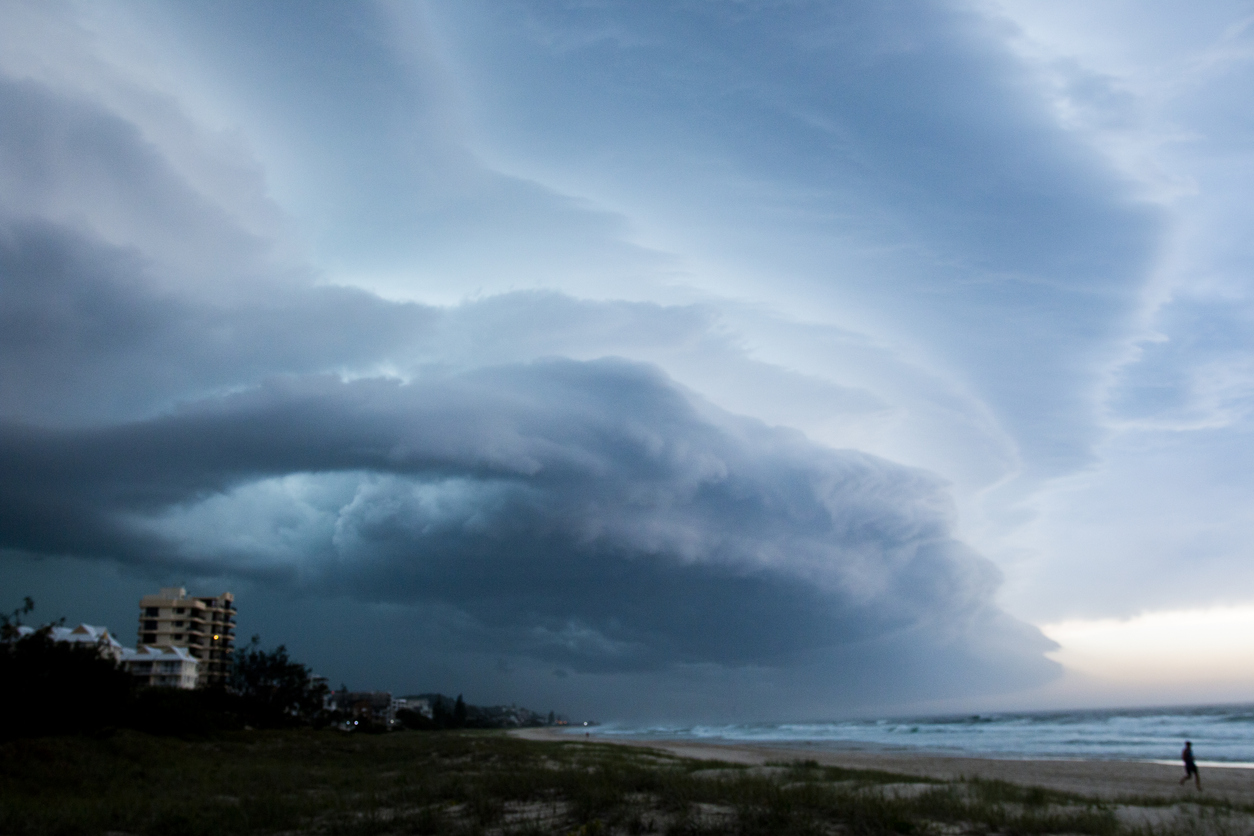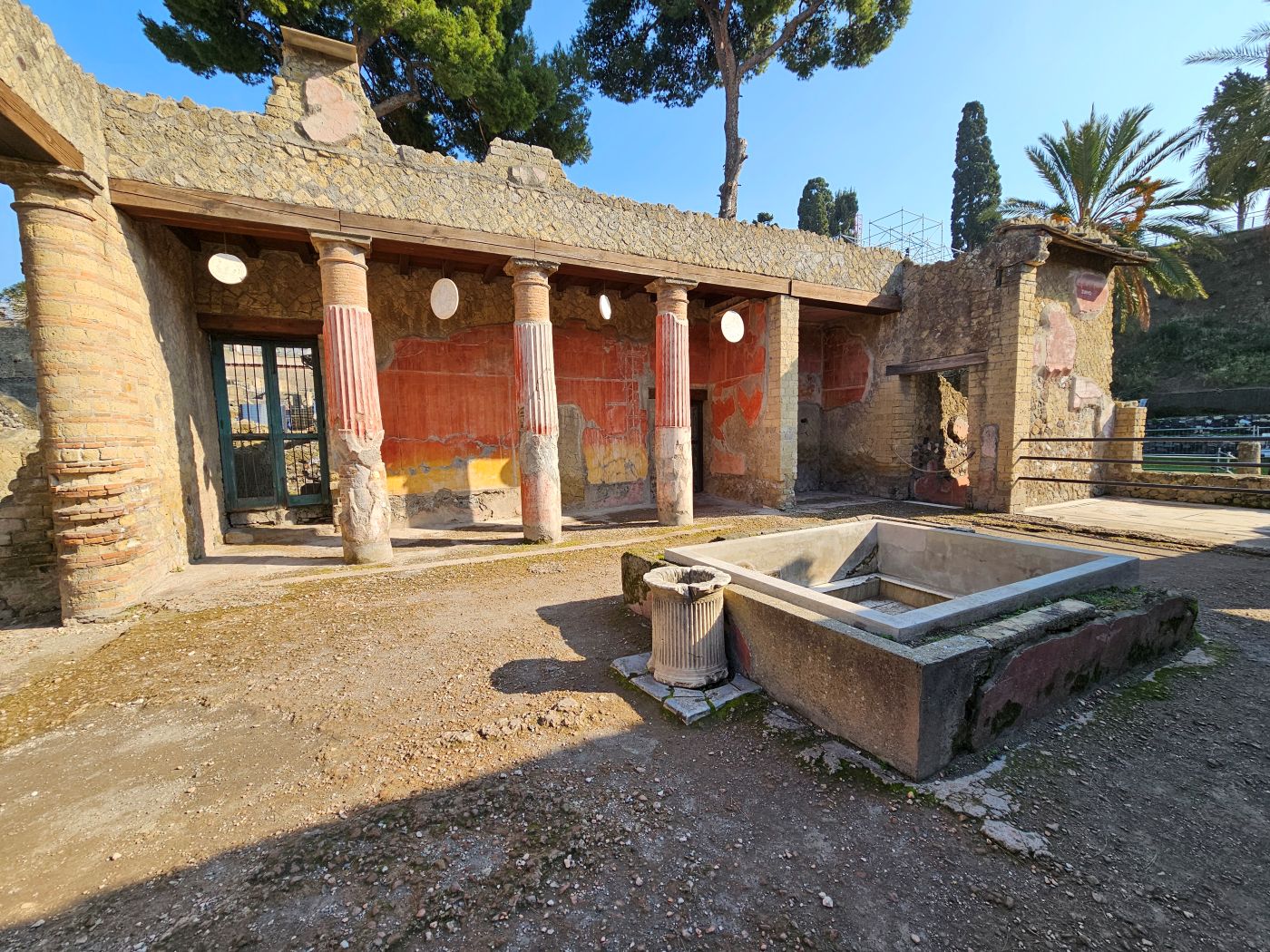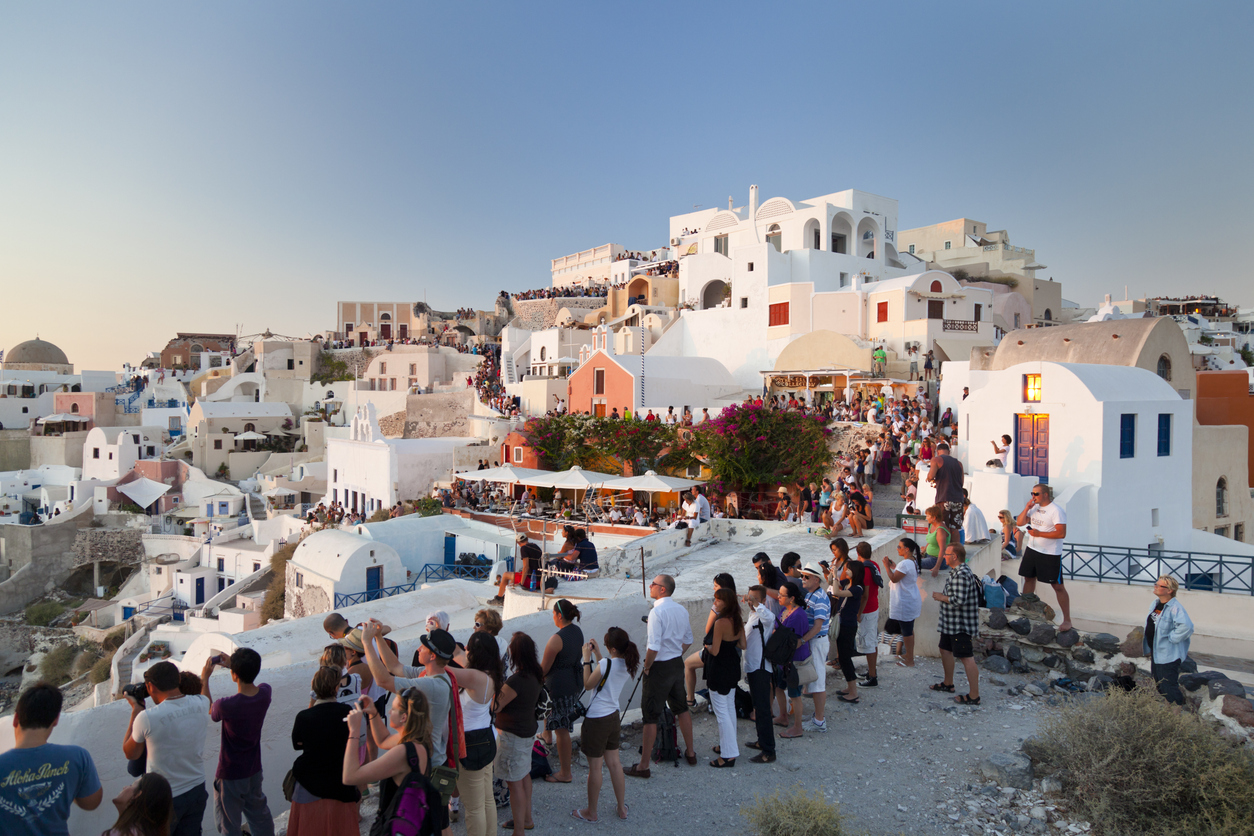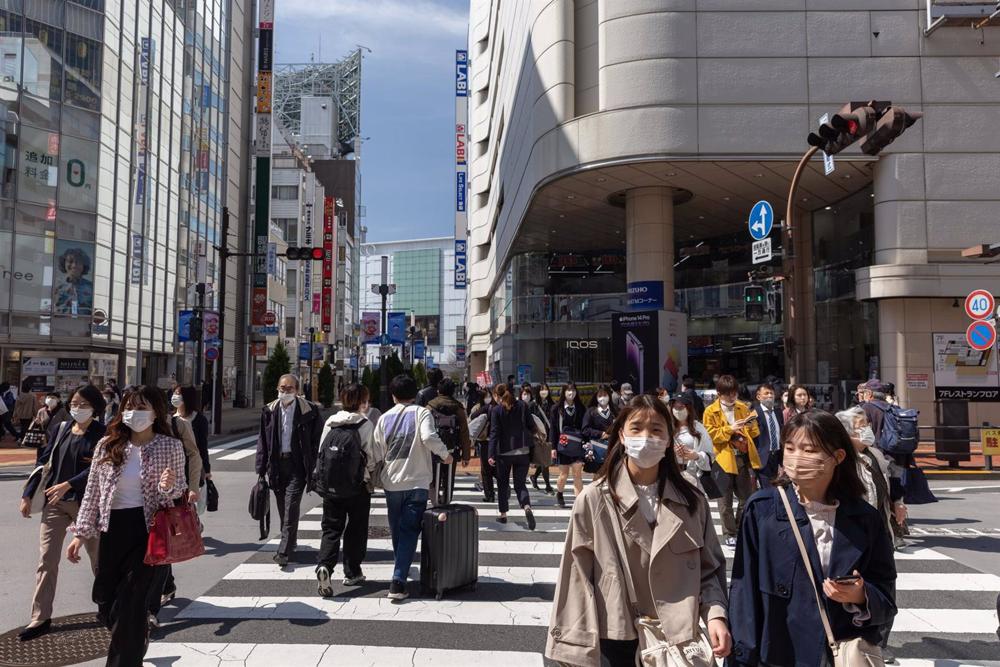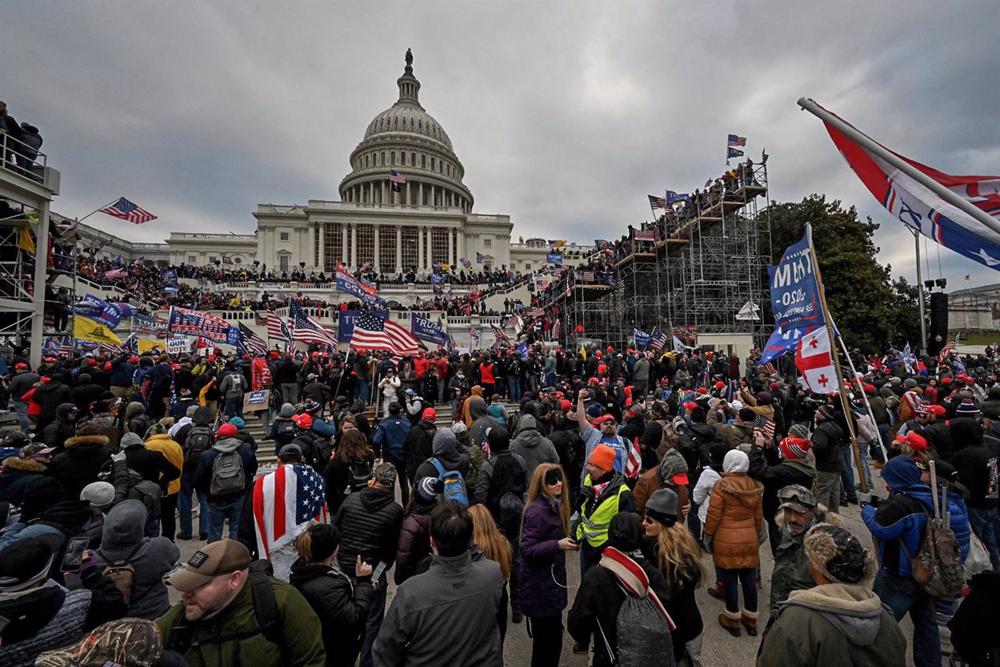
International democracies, some of them historically established, have experienced a worrying weakening in recent years, even more so in a period of climatic and economic uncertainty, while authoritarian regimes are deepening their democratic shortcomings.
Moreover, the global trend is not encouraging considering that the number of countries moving towards authoritarian governments is more than double the number of those moving towards a democratic system of guarantees.
This is what emerges from the latest report by the International Institute for Democracy and Electoral Assistance (International IDEA), which states that the number of countries in regression is on the rise.
In this list, the organization has highlighted the United States, a nation that even today, two years after Donald Trump’s electoral defeat, presents «problems of political polarization, institutional dysfunction and threats to civil liberties».
Thus, it has put on the table that democratic conditions and the actions of international governments, in many cases, are not even better than those recorded in the 1990s, 30 years ago.
To understand this authoritarian drift, International IDEA has highlighted several factors, such as the questioning of credible electoral results. The spearhead of this trend was the United States, where even supporters of President Trump stormed the Capitol, the seat of democracy, to try to stop the transfer of power.
With the United States as a mirror in which to look at, other electoral processes have been peppered by unfounded allegations of irregularities, such as the case of Peru in June 2021, or more recently in Brazil. In both cases, the losers of those elections have denounced, with greater or lesser insistence, a conspiracy against them.
AMERICA, SCENE OF THE GREATEST DECLINE It is precisely in the American continent where most of the countries with a weakening of institutions are concentrated. According to the organization, three out of every seven democracies in decline are in a continent where even the most established systems are weakening.
The Americas are also the scene of «instability and anxiety» which, accompanied by populism that continues to gain ground, translates into stagnation and even regression in democratic innovations and growth.
At the European level, International IDEA has warned that «almost half of the democracies» of the old continent «have suffered erosion in the last five years», although it is true that the democratic system remains the dominant form of government. A downward trend is also confirmed in Asia and the Pacific, where only 54 percent of the population lives in a democracy, and 85 percent of them do so in a weakened or declining system of guarantees.
In Africa, despite the countless challenges facing the continent, countries such as Gambia, Niger and Zambia seem to shed a ray of light that illuminates other countries in the region where renegotiations of the social contract are also certified with encouraging results.
On the other hand, Burkina Faso, Chad, Guinea and Mali are just some of the African countries that, victims of coups d’état and unconstitutional transfers of power, are now experiencing new horizons of an increasingly entrenched instability in sub-Saharan Africa.
In the Middle East and the Maghreb, despite the social demands made more than ten years ago in the Arab Spring, failures continue to be detected in governments that do not guarantee services and fundamental freedoms, nor economic opportunities, social demands that predominate at the regional level.
Nevertheless, people around the world continue to unite to achieve social improvements and demand that governments meet «the demands of the 21st century. This current ranges from calls for municipal day care centers in Asia to guaranteed reproductive freedoms in Latin America.
Although the trend is not encouraging, the movements of young people to protest climate change; indigenous collectives, who raise their voices to demand their rights; or the Iranian population, who after the death in police custody of Mahsa Amini, risk their lives to demand basic freedoms, stand out.
